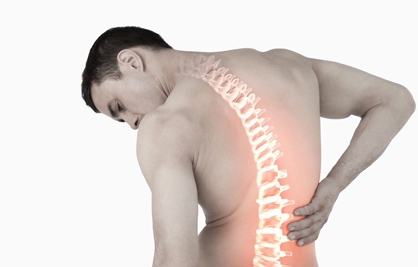Muscle Weaknesses
Treatment Areas
- +
- +
- MAIN PAGE +
- BIOGRAPHY +
- +
- GALLERY +
- CONTACT +
- +
- +
- +
- +
- +
- +
- +
- +
- +
- +
- +
- +
- +
- +
- +
- +
- +
- +
- +
- +
- Prof. Dr. +
- Treatment Areas +
- - Multiple Sclerosis
- - Epilepsy - Sara's Disease
- - Alzheimers
- - Dementia
- - Dementia, Alzheimers
- - Migraines and Headaches
- - Parkinson's Disease
- - Sleeping disorders
- - Stroke - Paralysis
- - Hand, Foot Numbness
- - Muscle Weaknesses
- - Peripheral Neuropathy
- - Brain Related Infections - Tumors - Degenerative Diseases
- - EMG - Electromyography
- - EEG Recording - Electroencephalogram
- - Long Term Video EEG
- - Visual Evoked Potentials - VEP Test
- +
- - Diagnosis and Treatment
- - What is Multiple Sclerosis?
- - Alzheimer's Disease
- - Epilepsy
- - How Should
- +
- +
What is Muscle Weakness? What Diseases are the Result of?
Muscle weakness, which is common in many neurological conditions such as Multiple Sclerosis, stroke, muscle diseases, and polyneuropathies, can occur anywhere in the body. The first step in effectively managing a weakness is determining why you are experiencing it.

Weakness can also be caused by a lack of use of the muscles, or by the muscle's own diseases, by disorders in the muscle cell. Often, a person's overall activity level is reduced due to fatigue, pain, imbalance, or other symptoms.
In muscle diseases, that is, myopathies, muscle weakness, thinning, sometimes pain or cramps are seen due to the disease of the muscle fibers. These disorders in the muscles can be hereditary (familial), or they can develop later and depending on external factors.
Although the disorder that causes hereditary muscle diseases is present from birth, the age at which they manifest themselves is variable; While some people have signs of the disease from birth, it manifests itself at a later age in some patients. It is important to have knowledge about muscle disease and its heredity in the family, to prevent the birth of new sick children in the family, to foresee the problems that the sick people may encounter, to take the necessary precautions if possible, and to prevent consanguineous marriages. Because there is no cure for hereditary muscle diseases.
In muscle diseases, the diagnosis is made by performing the necessary examinations after the examination of a specialist physician. These tests include blood tests including muscle enzymes (especially creatine kinase), electromyography, which shows whether muscles and nerves are functioning properly, genetic tests when possible, and muscle biopsy when necessary.

